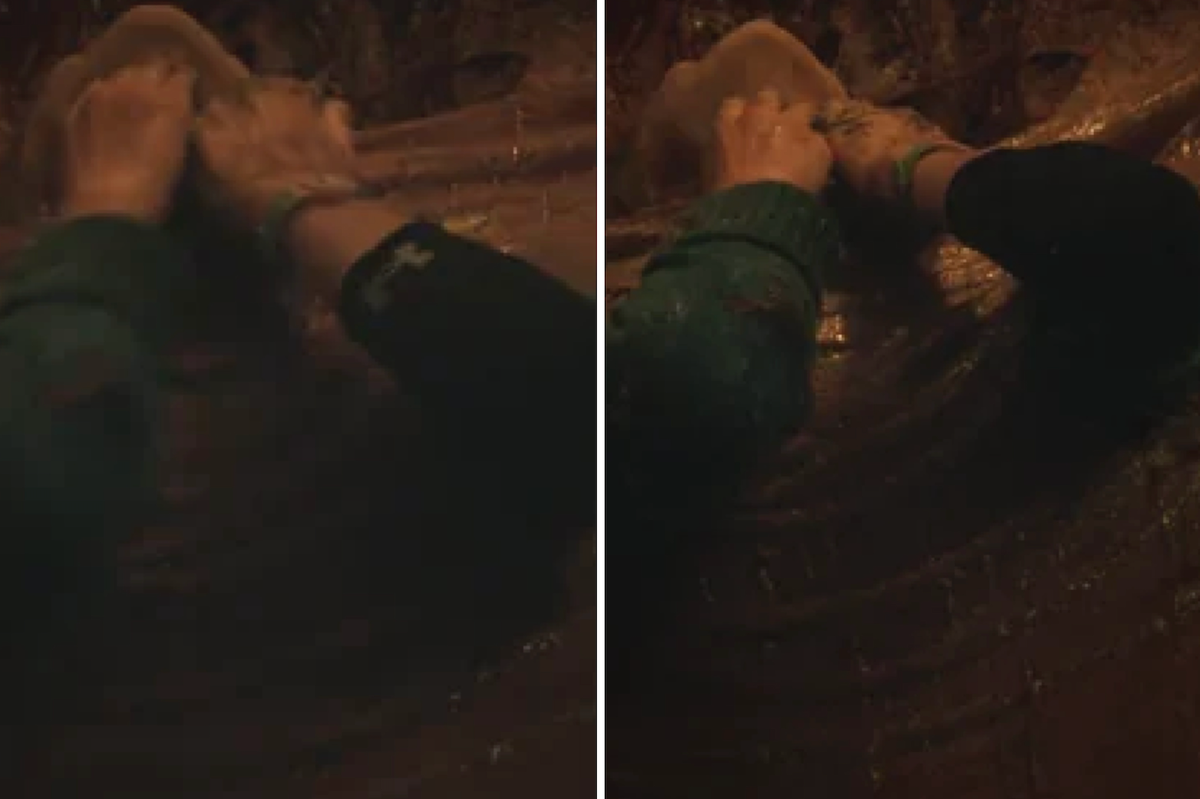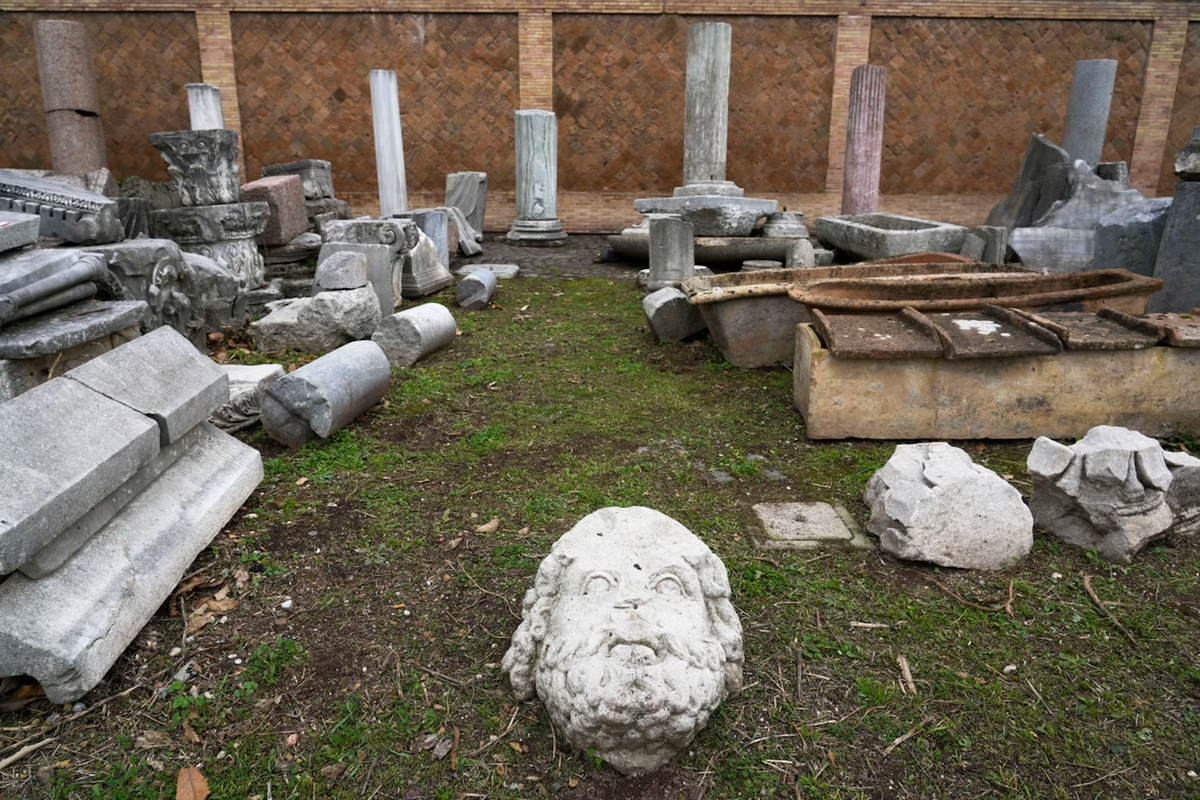Harriet Brewis
Sep 14, 2023
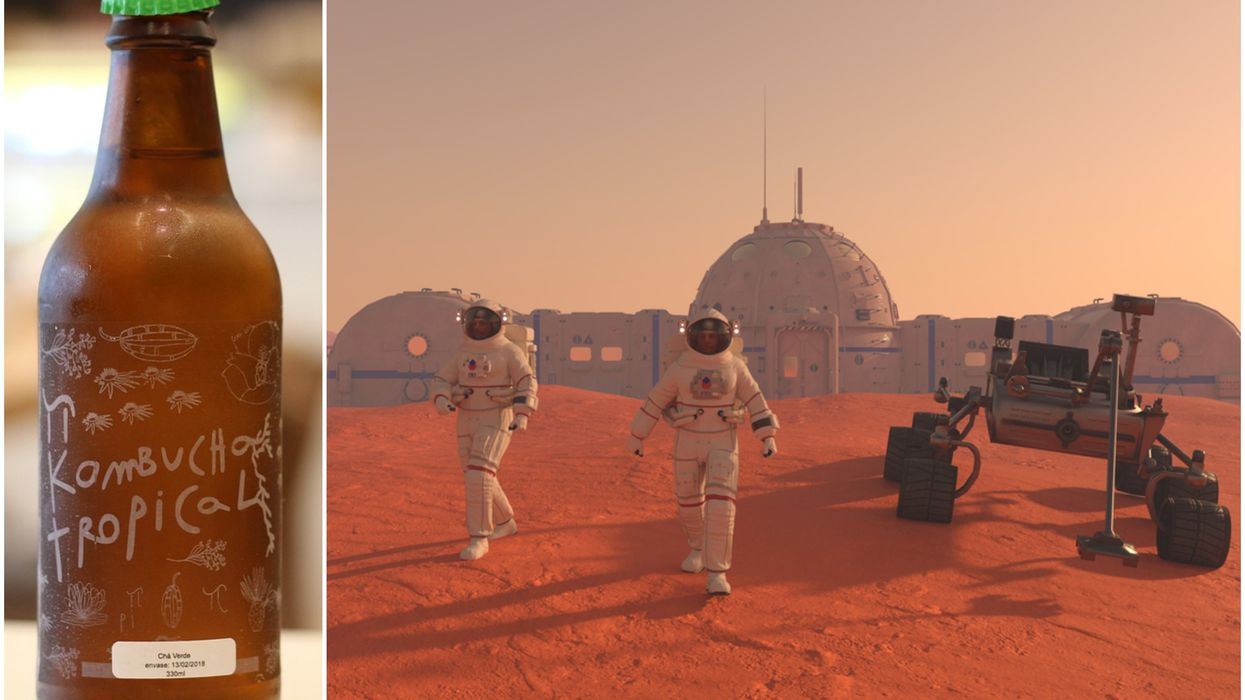
Scientists have been studying the potential of kombucha cultures to endure space’s extreme conditions
Pixabay/iStock
As wildfires, floods and earthquakes continue to ravage the world, it’s no wonder experts are planning escape routes from our trouble-ridden planet - and one involves a fizzy drink.
Elon Musk has admitted that the ultimate goal for his rocket company SpaceX is to “make life multi-planetary and enable humanity to become a spacefaring civilization”.
The problem is, there are a few things we’ll need to sort out before setting up shop on Mars, the Moon or anywhere else. These include self-sustaining water supplies, radiation shielding and, you know, the ability to breathe.
Fortunately, scientists think they may be getting closer to solutions for at least two out of these three necessities, and they could lie in your local health food shop.
That’s right, kombucha, the fizzy fermented tea drink, could hold the key to humankind’s survival beyond Earth.
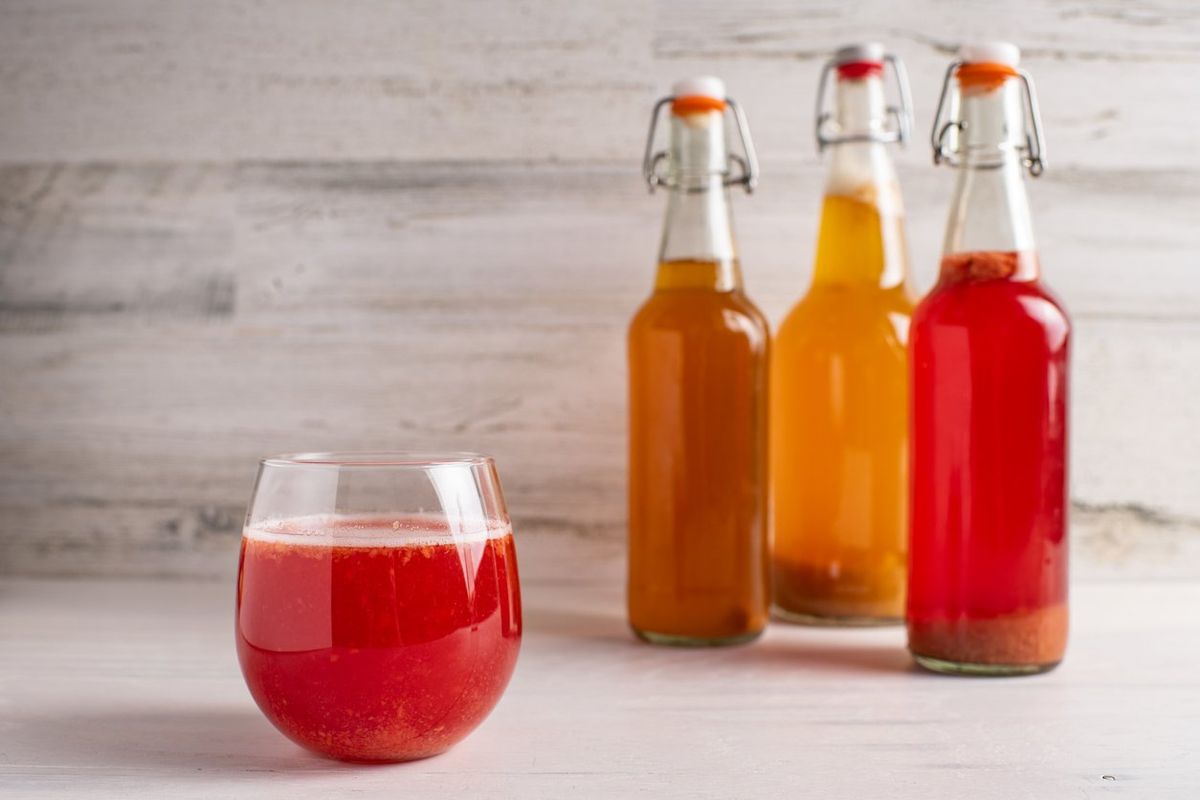
Scientists at the European Space Agency (ESA) have been testing cultures from the dink to assess their resilience in space, and say they hold “great promise for supporting humans on the Moon and Mars”.
These cultures are multi-species mixes of bacteria and yeast, which are known to survive harsh conditions on earth thanks to their ability to form architecturally complex communities called biofilms.
In fact, these biofilms are so hardy and able to attach themselves to almost any surface, that they’re able to withstand extreme temperatures and radiation.
Indeed, when the ESA stuck some kombucha culture samples on the outside of the International Space Station for 18 months, they found that one of the microorganisms contained within – cyanobacterium – was able to repair its DNA and resume cell division even after being exposed to cosmic radiation.
Scientists hope that studying how these microorganisms respond to such extreme conditions could help with the development of radiation-protection strategies for astronauts in space.
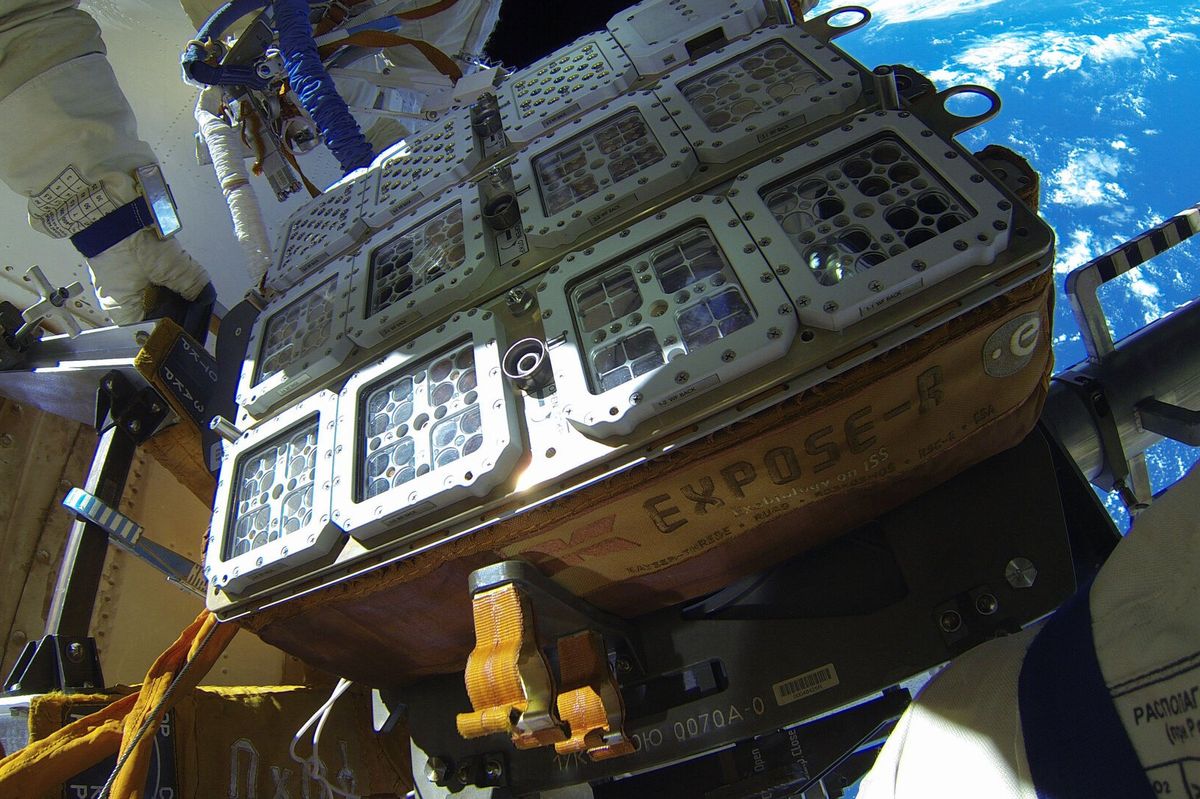
Another experiment revealed that the cell clusters provided a microhabitat for smaller species. Meaning that some cells could “hitchhike” through space, protected within larger groups.
This suggests these clusters and biofilms could be used to shield organisms (like humans) on longer journeys through space.
Such experiments also help us understand how cells protect themselves against the extremes of space, and how we could prevent biological and chemical contamination from Earth reaching other planets, and vice-versa. This is crucial for planetary protection.
The kombucha cultures are also of great interest to space researchers thanks to their ability to generate oxygen.
If this capability could be harnessed in space, the microorganisms could become self-sustaining life support systems for space settlements.
"The cultures show great potential in supporting long-term human presence on the Moon and on Mars,” Petra Rettberg, Head of the German Aerospace Center’s (DLR) astrobiology group, said in a statement published by the ESA on Monday.
“Due to their ability to produce oxygen and function as bio-factories, this biotechnology could significantly enhance future space missions and human space exploration efforts," added deep space exploration scientist Nicol Caplin.
“I hope to see our samples attached to the lunar Gateway in the future or perhaps utilised on the surface of the Moon and beyond.
“Until then, we will continue to explore the possibilities our bio-cultures offer.”
We’ll drink to that.
Sign up for our free Indy100 weekly newsletter
Have your say in our news democracy. Click the upvote icon at the top of the page to help raise this article through the indy100 rankings.
Top 100
The Conversation (0)







